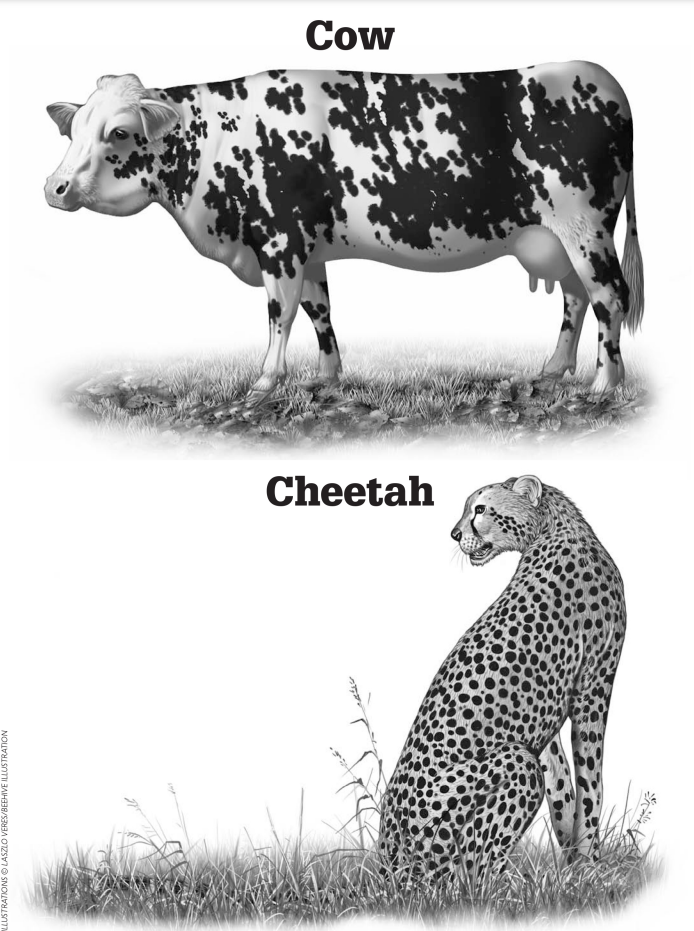Eat Fat
-
https://www.thelancet.com/article/S0140-6736(17)32252-3/fulltext
Background
The relationship between macronutrients and cardiovascular disease and mortality is controversial. Most available data are from European and North American populations where nutrition excess is more likely, so their applicability to other populations is unclear.
Methods
The Prospective Urban Rural Epidemiology (PURE) study is a large, epidemiological cohort study of individuals aged 35–70 years (enrolled between Jan 1, 2003, and March 31, 2013) in 18 countries with a median follow-up of 7·4 years (IQR 5·3–9·3). Dietary intake of 135 335 individuals was recorded using validated food frequency questionnaires. The primary outcomes were total mortality and major cardiovascular events (fatal cardiovascular disease, non-fatal myocardial infarction, stroke, and heart failure). Secondary outcomes were all myocardial infarctions, stroke, cardiovascular disease mortality, and non-cardiovascular disease mortality. Participants were categorised into quintiles of nutrient intake (carbohydrate, fats, and protein) based on percentage of energy provided by nutrients. We assessed the associations between consumption of carbohydrate, total fat, and each type of fat with cardiovascular disease and total mortality. We calculated hazard ratios (HRs) using a multivariable Cox frailty model with random intercepts to account for centre clustering.
Findings
During follow-up, we documented 5796 deaths and 4784 major cardiovascular disease events. Higher carbohydrate intake was associated with an increased risk of total mortality (highest [quintile 5] vs lowest quintile [quintile 1] category, HR 1·28 [95% CI 1·12–1·46], ptrend=0·0001) but not with the risk of cardiovascular disease or cardiovascular disease mortality. Intake of total fat and each type of fat was associated with lower risk of total mortality (quintile 5 vs quintile 1, total fat: HR 0·77 [95% CI 0·67–0·87], ptrend<0·0001; saturated fat, HR 0·86 [0·76–0·99], ptrend=0·0088; monounsaturated fat: HR 0·81 [0·71–0·92], ptrend<0·0001; and polyunsaturated fat: HR 0·80 [0·71–0·89], ptrend<0·0001). Higher saturated fat intake was associated with lower risk of stroke (quintile 5 vs quintile 1, HR 0·79 [95% CI 0·64–0·98], ptrend=0·0498). Total fat and saturated and unsaturated fats were not significantly associated with risk of myocardial infarction or cardiovascular disease mortality.
Interpretation
High carbohydrate intake was associated with higher risk of total mortality, whereas total fat and individual types of fat were related to lower total mortality. Total fat and types of fat were not associated with cardiovascular disease, myocardial infarction, or cardiovascular disease mortality, whereas saturated fat had an inverse association with stroke. Global dietary guidelines should be reconsidered in light of these findings.
-
Reports like this are putting the lie to the "you are what you eat" fallacy of diet.
If you eat fat, you won't get fat. If you eat carbs, you won't lose weight.
It's not what you eat, or how much you eat (mostly); it's what your body does with what you eat. And what it does with fat is probably good for you.
Remember when they told you that you have to limit your cholesterol intake (aka, "Eggs are BAD!").
